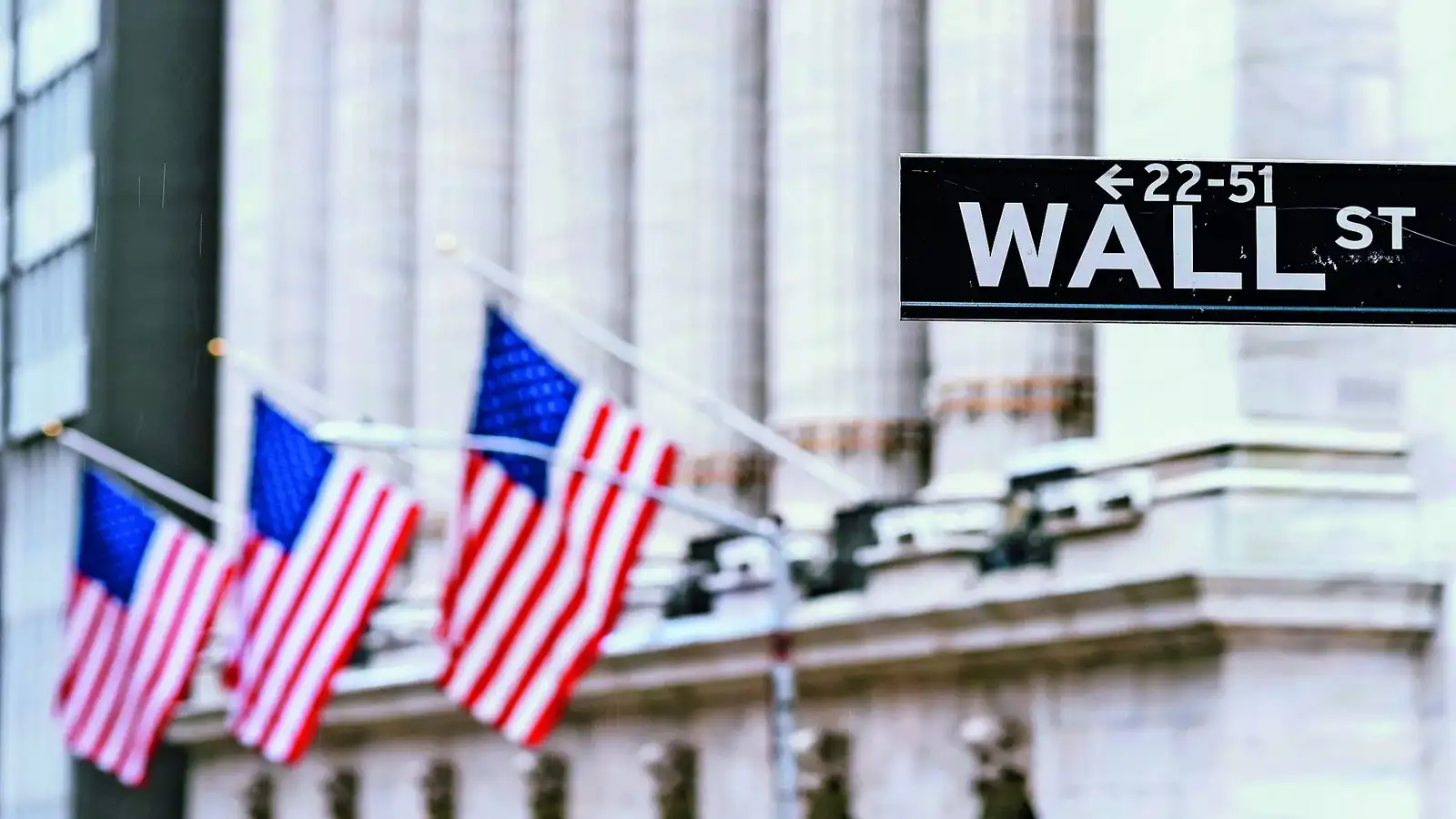Key Executives Voice Alarm Over Economic Direction
A growing number of Wall Street executives are voicing concern about the economic impact of ongoing tariff strategies and increasing fiscal uncertainty. Many are expressing a range of emotions, shifting from initial optimism to skepticism and even frustration, as the U.S. economic trajectory becomes harder to predict.
Business leaders are closely monitoring a series of international and domestic developments, including rising consumer prices, strained trade relations, and the national debt. These issues are prompting some of the country’s top executives to question the long-term standing of the U.S. in the global financial system.
The Dollar’s Dominance Comes Under Scrutiny
One recurring theme among financial leaders is concern over the U.S. dollar’s long-held position as the world’s reserve currency. With around 60% of global currency reserves held in dollars, any erosion of trust in the U.S. economy could have far-reaching consequences.
At a recent economic forum, leading voices from the banking industry warned that economic and military preeminence are essential to maintaining the dollar’s dominant status. They emphasized the urgency of coordinated fiscal and trade policy actions to sustain global credibility.
From Denial to Frustration: CEOs Navigate Economic Shifts
Many chief executives initially viewed the tariff policy as temporary or symbolic. Early in the year, corporate confidence was high, buoyed by factors like deregulation and tax cuts. But recent months have seen that confidence wane.
According to recent surveys, executive sentiment has dropped sharply—the most significant quarterly decline in decades. The shift suggests a growing realization that tariffs are not a short-term policy move but a sustained element of trade negotiations.
Trade Tensions and Rising Prices Draw Executive Pushback
In recent weeks, notable voices in finance have voiced public concern over the administration’s tariff approach. Some argue that the strategy is increasing consumer prices and complicating operations for global companies.
Executives also took issue with criticism directed at U.S. corporations warning of the downstream impact of tariffs. Business leaders have emphasized the importance of honest communication and transparency in economic forecasting.
The Search for Compromise in Trade Negotiations
Despite concerns, many on Wall Street are hoping for renewed efforts at negotiation, especially with China. Trade talks between the two nations are ongoing, with the latest round taking place in London.
Executives have stressed the importance of engagement and long-term strategic partnerships, noting that ongoing escalation could prove counterproductive. Some are calling for a reset in tone and tactics to avoid long-term damage.
Preparing for Possible Economic Slowdown
While some business leaders remain hopeful, others are cautioning that the U.S. may need to prepare for a potential downturn. Recent economic forecasts suggest there is a 35% chance of recession in the next year—down from earlier predictions but still significant.
This outlook reflects concern about prolonged market volatility and the broader implications of protectionist policies. Many executives remain measured in their public remarks, seeking to balance caution with continued investment and planning.
Conclusion: Business Leaders Urge Proactive Strategy
Across Wall Street and beyond, there is growing consensus that maintaining economic leadership will require a coherent and strategic policy approach. While short-term uncertainties persist, executives are urging coordinated action and global engagement to secure long-term stability.
Explore more on the U.S. economy for further updates.







